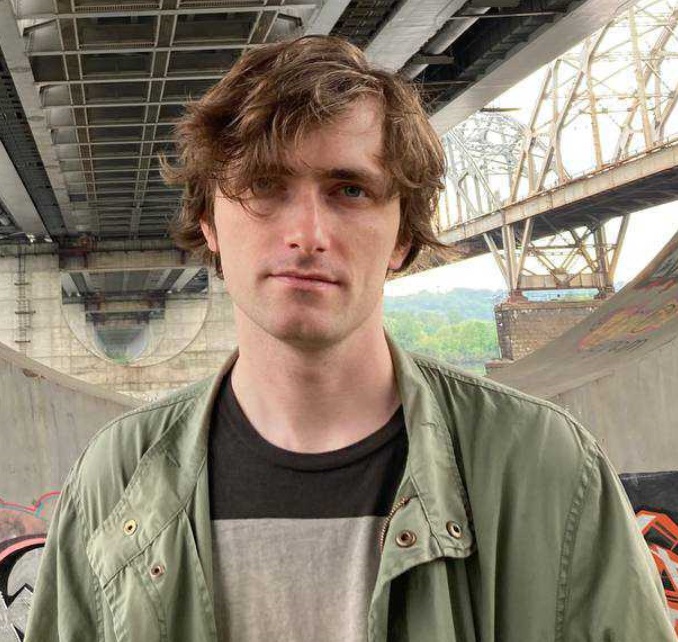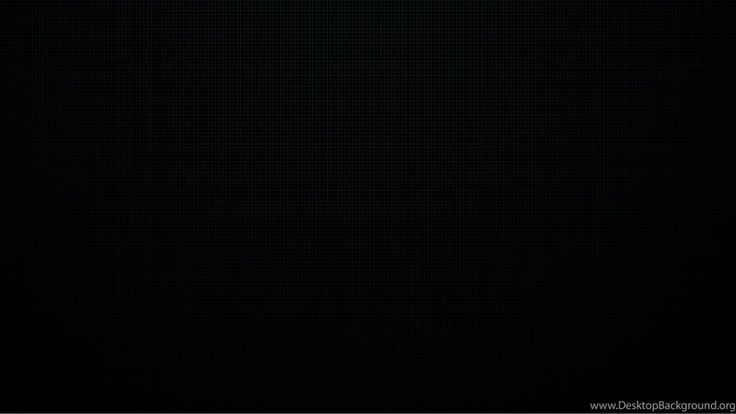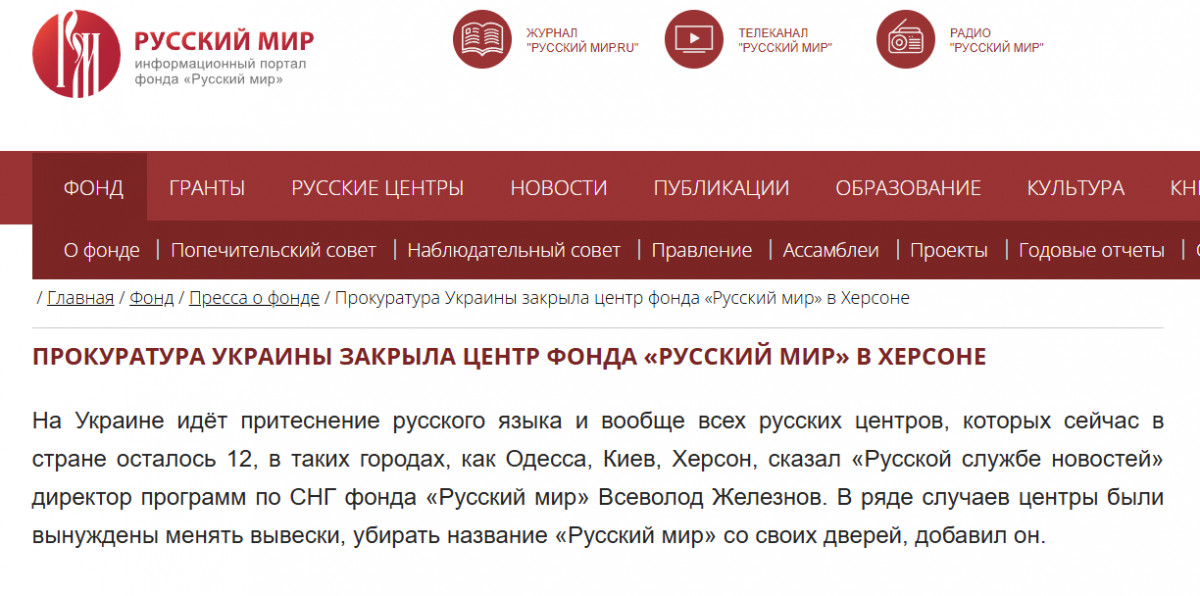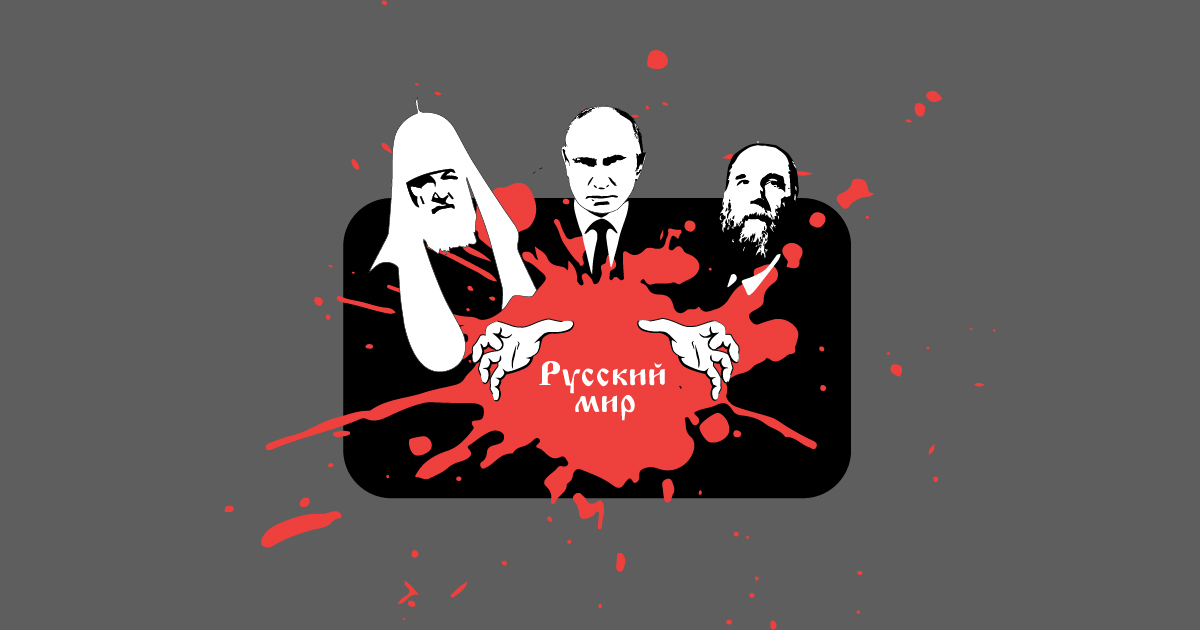

Українською читайте тут.
This analysis examines how Putin's Russia constructs its image to justify political and military interventions in various parts of the world.
The ideology presented by today’s Russian authorities is neither cohesive nor consistent. Modern Russia compensates for the lack of a unified official ideological system by employing a set of eclectic formulas targeted at different audiences and used for varying purposes. This fragmented official ideology not only serves as a means to legitimize the regime domestically but also acts as a tool to substantiate the Kremlin's international ambitions.
The lack of clarity in the Russian propaganda machine was explained in 2014 by Patriarch Kirill (Vladimir Gundyaev), the head of the Russian Orthodox Church, as follows:
"We call to unite all that is best and most valuable from various epochs of our history into a grand synthesis of the religious ideals of Ancient Rus, the state and cultural achievements of the Russian Empire, the social imperatives of solidarity and equality proclaimed in Soviet society, and the just aspirations for the realization of citizens' rights and freedoms in post-Soviet Russia. Such an ideological model can be described by the formula 'faith — justice — dignity — solidarity — statehood.'"
Although Putin’s Russia differs both from the absolute monarchy of the Romanovs and the socialist regime of the Soviet Union, its conceptual framework exploits old clichés from both imperial and socialist pasts. For instance, the triad of "Orthodoxy — Autocracy — Nationality," proposed under Nicholas I by his minister, Count Sergey Uvarov, justified the tsar’s obligation to care for Orthodox Christians and Slavs in general, thereby extending Russia’s ambitions to territories where they resided. The Bolshevik ideology of the USSR had a universal character. Oppressed proletarians could exist in any corner of the world, and thus, the influence—often enforced militarily—of the most powerful socialist state had no geographic boundaries. Today, Moscow capitalizes on the Global South's affinity for the anti-imperialist rhetoric of the USSR.
Similar to its approach to target audiences, Russia employs various ideological constructs to justify political interventions and aggression in different regions. For example, among East Slavic nations, the Kremlin promotes the idea of a "triune people"; in the post-Soviet space, it uses the concept of "Russkiy Mir" ("Russian World"); to rationalize its confrontation with the West it employs the ideological strand of neo-Eurasianism or presents Russia as "True Europe." Below, we explore how these key contemporary Russian concepts function in practice.
The Battle for "Russkiy Mir"
After the collapse of the Soviet Union, Russia continued leveraging Russian-speaking communities in post-Soviet countries to maintain ties with Moscow. Since the early 2000s, the term Russkiy Mir ("Russian World") has been gaining prominence in Russian political discourse, with various Russian philosophers, politicians, and religious figures ascribing differing definitions to it. One of the earliest mentions of the term by Russian authorities occurred in 2001, when Vladimir Putin, during the opening ceremony of the Congress of Compatriots in Moscow, defined "compatriot" as follows:
"This is a matter of spiritual self-identification. After all, the concept of Russkiy Mir has historically extended beyond the geographic borders of Russia and far beyond the limits of the Russian ethnic group."
The Congress of Compatriots was dedicated to consolidating the Russian diaspora. Building on the ideas discussed during the event, the International Council of Russian Compatriots was established. Among its key objectives were "the promotion of the Russian language and culture abroad" and "the creation of a unified Russian cultural, informational, and educational space."
This framework implied that Russia had vested interests wherever the Russian language was spoken and where Russian diasporas resided. This sentiment was eloquently articulated by Lyudmila Putina, the former wife of the Russian president, early in Putin’s presidency: "The borders of the Russian World align with the boundaries where the Russian language is used." Through the ideological instrumentalization of language, post-Soviet states found themselves at risk of Russian encroachment.
Over time, the use of the Russkiy Mir concept became increasingly expansionist. In his 2005 annual address to the Federal Assembly, Putin described the dissolution of the Soviet Union as "the greatest geopolitical catastrophe" and a tragedy for the Russian people, as "tens of millions of compatriots were left outside Russia's borders." While Russkiy Mir was initially conceived in the 1990s as a concept for building an innovative Russian economy through diaspora resources, it ultimately evolved into a tool for the Kremlin to articulate its geopolitical interests and extend its influence abroad.
In 2007, by Putin’s decree, the Russkiy Mir Foundation was established to promote the Russian language and culture internationally. According to the foundation’s website, it operates branches in 39 countries. Such branches also operated in Ukraine; for instance, a news article on the Zaporizhzhia Regional State Administration website still mentions the opening of a "Russian Center" funded by the Russkiy Mir Foundation.

A publication on the Russkiy Mir Foundation’s website claimed: "There is oppression of the Russian language and generally all Russian centers in Ukraine."
The Russian language eventually became one of the Kremlin’s publicly declared justifications for its aggression against Ukraine in 2014, when Putin promised to "protect ethnic Russians in Ukraine and that part of the Ukrainian population which feels an inseparable connection not only ethnically, but also culturally and linguistically with Russia, and sees itself as part of the broader Russian World."
"Russkiy Mir" as an Orthodox Civilization
The term "Russkiy Mir" (Russian World) is interpreted differently by the banned Russian Orthodox Church in Ukraine, specifically by Vladimir Gundyaev (Patriarch Kirill), one of the principal ideologues of Russkiy Mir. At the core of his concept lies the idea of the unity of the East Slavic peoples, which he refers to as the "core of the Russian World." According to Patriarch Kirill, Ukrainians, Belarusians, and Russians "remain one people," reflecting the Russian historical myth of the "triune nation." Patriarch Kirill identifies three main pillars of the Russkiy Mir: Orthodox faith, Russian language and culture, and a shared historical memory. In essence, Russian interests are considered to exist wherever the Russian Orthodox Church (ROC) has influence, where the Russian language is spoken, and where Russian historical myths persist.
A recurring motif in Patriarch Kirill's speeches is the mention of the "Kyiv Baptismal Font"—the city of Kyiv, where the Christianization of the historical lands of Rus began. He refers to this "font" as "the source of our civilization, our culture, our faith." The use of the word "our" implicitly suggests "Russian."
Through the propagation of myths about the "Kyiv Baptismal Font" and the "one people" narrative, a persistent perception is created among Russians of Ukraine's inseparability from Russia. These myths, along with the construction of the supranational project of Russkiy Mir, drive Russia's interest in directly or indirectly controlling Ukrainian territory. This is why the ROC and Gundyaev refer to Russia's invasion of Ukraine as a "sacred war" and "a national liberation struggle of the 'Russian people' against the criminal Kyiv regime."
In his speeches, Gundyaev explicitly defines Russia as "a civilization-state with its own set of values, patterns of social development, and societal and governmental model." In one of his addresses, Gundyaev contrasted the "Orthodox civilization" with the West, calling the "most acute conflict of modernity" the clash between local civilizations and the "radical globalist project," by which he means Western culture and values. To resolve this conflict, Patriarch Kirill proposes initiating dialogue with other local civilizations to ensure "each civilization exists while preserving its identity." This idea suggests that Western hegemony can be countered only through building relationships with other nations, particularly in the "Global South," ultimately aiming to create a multipolar world—a goal often declared by Putin.
On the expansionist foundations of Russkiy Mir, Patriarch Kirill states: "Borders create unnecessary obstacles for the peoples of the Russian World." Thus, the religious interpretation of Russkiy Mir serves as a tool to legitimize Russia's territorial claims, particularly against Ukraine and Belarus. Gundyaev’s rhetoric also emphasizes the need to unify East Slavic peoples, which he refers to as the peoples of "Holy Rus." The designation of Russia as a "civilization" is used to underscore its uniqueness, justify its opposition to the West, and, through historical myths, strive to reunite former territories of the Russian Empire and the USSR under modern Russia.
In recent years, Russian political leaders' use of the Russkiy Mir concept has become even more militant. For instance, the former Russian president and Deputy Chairman of the Security Council, Dmitry Medvedev, published an article titled "On National Identity and Political Choice: The Experience of Russia and China" on December 13, 2024, in a journal affiliated with Russia's Ministry of Foreign Affairs. In his conclusions, Medvedev issued an ultimatum to Ukraine: "Join Russia or disappear entirely from the world map." Medvedev called on Ukrainians to "abandon their opposition to the all-Russian project" (original term: obshcherusskiy). The term all-Russian project implies the notion of a singular "triune people." Putin, in turn, referred to a declared "war against the Russian World" in a speech on December 20, 2024, although he did not specify who had declared this war.
However, the concept of Russkiy Mir has its limitations. While it partially serves as propaganda to justify the use of military force in Ukraine—particularly for segments of the international audience or specific groups within Ukraine—it is far less effective in explaining Russia's military presence in Syria or African countries. For these contexts, Moscow relies on other ideological frameworks to justify its actions.
Eurasian Civilization Takes on the "Satanic Civilization of the West"
The philosophy of the so-called "Eurasianists," particularly Alexander Dugin—a key ideologue of Russia's modern political regime—assigns Russia a "special historical mission." According to Dugin, Russia is not a European state but a distinct civilization fundamentally opposed to the West. He argues that, historically, the West has viewed Russia as a "caricature of Europe" and instead proposes understanding Russia as a "Slavic-Orthodox civilization" or "Russia-Eurasia."
This characterization aligns with the ideological framework of the Russian Orthodox Church (ROC), which similarly assigns Russia the role of a leader among Slavic nations. It also provides the Kremlin with a basis to claim Ukrainian and Belarusian territories as part of its historical lands.
At the same time, the neo-Eurasianist concept does not limit Russia’s sphere of influence to East Slavic peoples. When necessary, any geopolitical interest of the Kremlin can be justified by the neo-Eurasianists. For example, Dugin justified Russia’s intervention in Syria in 2015 as "support for the Shiite axis, fully consistent with continental logic." Ultimately, his philosophy frames global conflicts as a struggle between continental civilization (Russia) and maritime civilization (the liberal West).
In his philosophical works, Dugin refers to Russia as a "state-world," equating this term to the already-discussed Russkiy Mir ("Russian World"). According to Dugin, the borders of the Russkiy Mir align with the former territories of the Russian Empire and the Soviet Union. Under this approach, Russkiy Mir becomes a more inclusive doctrine, transcending ethnic or religious factors and focusing instead on so-called "Russian historical lands."
Dugin characterizes the war in Ukraine as "a struggle for the state civilization," emphasizing the existential significance of the war for Russia. However, he contends that this war is less about Ukraine itself and more about opposing the West, claiming that "Western liberalism has given rise to neo-Nazism in Ukraine."
In his speeches, publications, and academic articles, Dugin demonizes Europe and the United States, labeling them as a "satanic civilization." He calls on Russia's political leadership to deliver a "final and decisive battle" against the West. To achieve this, Dugin suggests aligning with other civilizations—Islamic, Indian, Chinese, Latin American, and African—thus globalizing the confrontation with the United States into a worldwide conflict. These ideas partially resonate with the views of Patriarch Kirill.
In his 2009 work The Fourth Political Theory, Dugin outlined Russia's geopolitical goals: strengthening relationships with states that challenge the West; dividing the West by severing Europe's ties with the United States; and rejecting all Western values, culture, and technologies that erode civilizational identity.
Russia's contemporary foreign policy largely aligns with Dugin's ideas. The Kremlin seeks to consolidate states from the "Global South" as an alternative to the West through military, economic, and political alliances such as BRICS. The Kremlin destabilizes and divides the West through election interference, sponsorship of radical Eurosceptic and pro-Russian movements, disinformation campaigns, and the use of bot farms. The rejection of Western values, particularly those related to human rights, forms a core element of this ideology, as detailed in another analysis.
The Battle for the "True Traditional Europe"
While asserting its distinctiveness from the West, Russia loses leverage over Western communities themselves. Russia crafts an international image to maintain influence as the defender of "true" old conservative Europe. In 2021, the Center for Strategic and International Studies published an analytical report on strategic conservatism as an ideological concept used by Russia to foster connections with conservative Western communities. Within this framework, Russia positions itself as ready to "protect the West from itself," countering "wrong" ideas such as multiculturalism, feminism, and LGBTQ+ support.
In 2022, according to the Russian "opposition" outlet Meduza, the pro-Kremlin Expert Institute for Social Research, commissioned by Putin’s administration, developed a more detailed export concept for Russia. This concept envisions Russia as a "continent of freedom" for right-wing individuals from all over the world—"the likes of a conditional Silvio Berlusconi or Viktor Orbán." To achieve this, Russia would present itself as the "true, conservative Europe without gay parades, minority influence, or American interference."
From October 2023 to February 2024, Detector Media and LetsData conducted a six-month monitoring project as part of the EU Disinformation Situation Centre. The project analyzed hostile influences on the media spaces of Poland, Slovakia, Czechia, Romania, Moldova, Bulgaria, Hungary, and Ukraine using data from four key social networks: Telegram, X (formerly Twitter), Facebook, and YouTube. The findings revealed a primary method of spreading pro-Russian views in these countries: Russia amplifies the opinions of local, often right-wing conservative politicians through its information resources. Pro-Russian perspectives on the war in Ukraine are bundled with familiar criticisms of Western cultural and political trends. As Romanian propaganda researcher Suzana Dragomir explained in an interview with Detector Media, the process begins with stirring anti-Western rhetoric and fostering resentment toward the EU and NATO. Subsequently, "Russia positions itself as the defender of Christian values, contrasting itself with the EU, which it portrays as an imposed 'gay dictatorship.'"
These narratives resonate not only in countries close to Russia, such as former socialist bloc nations but also among radical conservative political movements in the West. For example, some factions of the U.S. Republican Party view Putin as a situational ally in opposing Western liberal elites. Conservative American blogger Tucker Carlson has reported Russian theses about the persecution of Christianity in Ukraine, citing restrictions on the influence of the Russian Orthodox Church. In doing so, Carlson disseminates Russian propaganda to his U.S. audience as evidence of a global assault on values he holds dear in the United States.
Ultimately, Russia’s eclectic set of formulas for international positioning was encapsulated in its official foreign policy concept approved in 2023:
"More than a thousand years of independent statehood, the cultural heritage of past eras, deep historical ties with traditional European culture and other Eurasian cultures, and centuries of experience ensuring harmonious coexistence of diverse peoples, ethnicities, religions, and languages on a shared territory define Russia’s unique position as an original state-civilization. Russia is a vast Eurasian and Euro-Pacific power that has united the Russian people and other nations, forming the cultural-civilizational community of the 'Russian World.'"
With a well-established propaganda machine, Russia tailors its ideological positioning to suit various audiences, using these narratives to advance its interests. For Global South nations, where anti-Western sentiments are prevalent, the idea of a distinct civilization independent from the West resonates better. For Western communities, Russia portrays itself as the defender of "traditional European values" against "modern distortions." For post-Soviet and Orthodox communities in Eastern Europe, it promotes the concept of the Russkiy Mir. Each narrative is designed to justify Moscow’s political interventions in the regions where it is disseminated. Ultimately, beneath these conflicting formulations lies a consistent ambition: to dominate beyond Russia's borders and legitimize the principle of might makes right.
Main page illustration: Natalia Lobach


